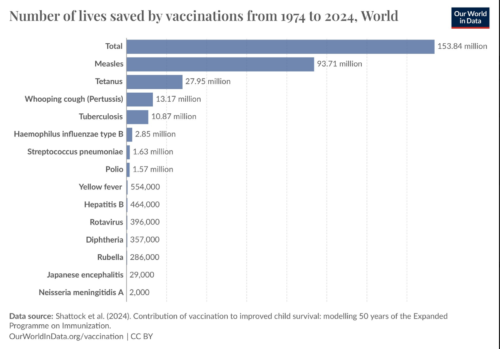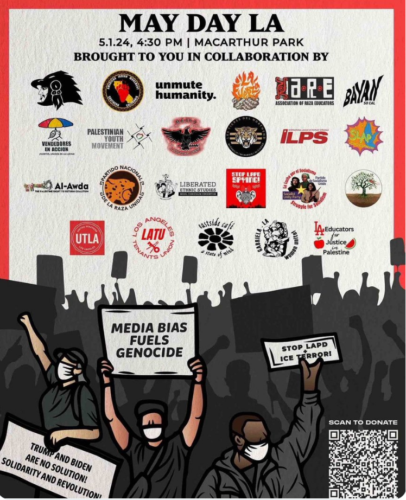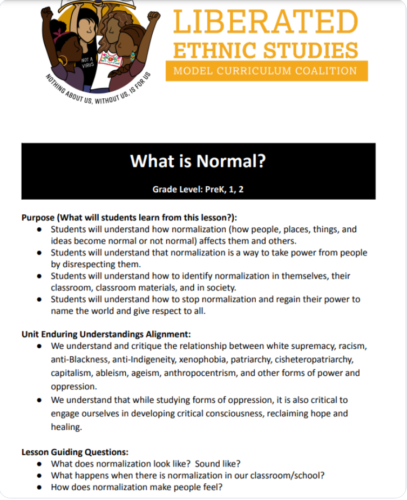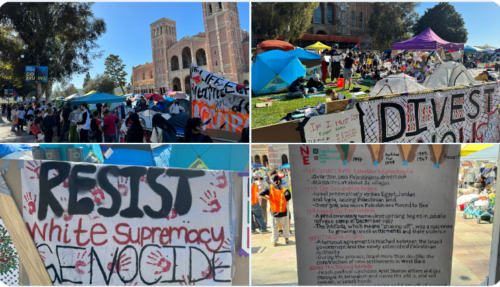A bipartisan working group led by Charles Schumer has introduced what this article calls a “long-awaited AI roadmap.” The document calls for at least $32 billion to be allocated for nondefense AI innovation.
Bill Gurley, a venture capitalist of long standing, says: In the entire history of the VC industry has there ever been a category LESS in need of incremental $$$$$.
Indeed. Corporations and individuals with money to invest are falling all over themselves to invest in things AI-related. Meanwhile, there are all kinds of serious issues–the hardening of the electrical grid against both enemy-caused EMP and natural magnetic storms, for example–that are not being adequately funded by the private sector and could benefit from some of that $32 billion. But they’re not as trendy at the moment.
Today’s WSJ includes an op-ed by Martin Casado and Katherine Boyle, both of Andreessen-Horowitz. They write about the Department of Homeland Security’s formation of an AI Safety and Security Board, whose purpose is to advise the department, the private sector and the public on “safe and secure development and deployment of AI in our nation’s critical infrastructure,” and they note that:
Of the 22 members on the board, none represent startups, or what we call “little tech.” Only two are private companies, and the smallest organization on the board hovers around $1 billion in value. The AI companies selected for the board either are among the world’s largest companies or have received significant funding from those companies, and all are public advocates for stronger regulations on AI models.
Much of the discussion of AI risks reminds me of the parable of Baptists and Bootleggers. And when regulation becomes a dominant competitive factor in an industry, it becomes very difficult for new players to survive and thrive unless they are exceptionally well politically-connected.
Your thoughts?



